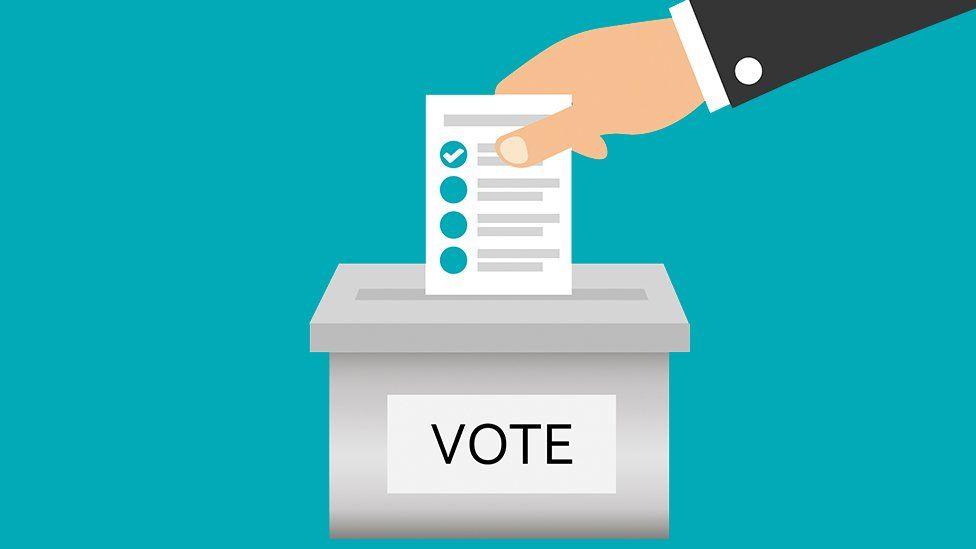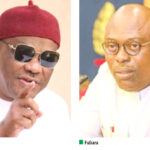On the evidence so far, electoral processes in this cycle are likely to represent a significant advance on our previous elections, all other things being equal. From the rules of the game to the actions of various players in it, Nigeria’s 2023 general elections look to be advancing towards some recognizable progress, at least up to this early point in the overall process.
President Muhammadu Buhari himself has taken the lead in this national collective effort to have a more democratic electoral process. Despite all the back-and-forth politics, normal in a democracy, Buhari signed the Electoral Act 2022 which, by most accounts, has reshaped the rules of conducting elections in this country in favour of more openness in the system, rather than the whims of the powerful. President Buhari’s generally neutral disposition in the several election processes completed so far and his repeated reassurance to Nigerians and the world that he is determined to leave a legacy of free, fair and peaceful elections that Nigeria deserves have all also helped calm the political atmosphere and earned him credit, even among those normally reluctant to give him some.
$31.6m ECOWAS project stalled over FCDA’s approval
Nigeria’s Oil Industry Still In Poor State Despite Reforms
The Independent National Electoral Commission (INEC), and its leadership, have also worked to perfect the rules, mechanisms and procedures of the coming elections in ways that will introduce additional quality and integrity into the election and its outcomes. INEC has introduced the Biometric Voter Accreditation System (BVAS) and electronic transmission of results, which can only improve the electoral system further. In fact, both of these have been tested largely successfully in off-season elections, and to popular acclaim.
There is also evidence that Nigerian voters and citizen groups have also become much more engaged and engaging in this electoral cycle. Some 9.5 million new voters have been added to the national register, as more young people, women, and students embraced the elections and registered to vote. In fact, according to figures released by INEC late last month, over 76% of all newly registered voters are young people between the ages of 18-34, indicating increasing participation among the youth who used to be generally indifferent to the process in previous elections.
Professional associations, civil society organizations, and the media have also expanded their activities in this election cycle. Professional Associations like the Nigerian Bar Association, Chambers of Commerce, Regional Socio-Political Groups like the Arewa Consultative Forum, Women’s groups, and media organizations, have all hosted debates or other events in which presidential candidates were invited to answer questions about their plans for Nigeria ahead of the elections. Many more such activities have been scheduled between now and Election Day in February, including by this newspaper and media group.
All of these, happening at once, represent a flowering of our democracy anew. Unfortunately, politicians, particularly state governors, remain the cog in this wheel of national progressive efforts towards better quality elections and their outcomes in Nigeria. Indeed, unless all well-meaning Nigerians do rise up against many governors’ creeping attempt to shut down the democratic space all together, the efforts of the rest of us will come to naught.
Through various undemocratic strategies, governors are taking steps to constrict the democratic space in their states. One such strategy is for governors to ban the use of public facilities in the state. Early last month for example, Governor Nyesom Wike of Rivers State signed Executive Order 21 which prohibits the use of public schools for political parties without approval from the Ministry of Education and a payment of N5million “caution fees”. State governments in Abia, Ebonyi and elsewhere have enacted similar laws in their domains.
In other cases, governors have imposed “fees” on campaign billboards and posters, or have had the campaign materials of opponents removed on grounds they are illegal, as reportedly happened in Edo State. In Gombe, the campaign office of the opposition Peoples Democratic Party (PDP) in the state was demolished altogether, allegedly on the orders of the ruling All Progressives Party (APC) government. Yet, in in Kaduna, Zamfara and Rivers, hoodlums and thugs allegedly disrupted the political proceedings of opposition parties, or even of opponents within the same party resulting in reported cases of injuries and even death.
Daily Trust views these developments with serious concern. The laws and fees are ostensibly enacted to regulate the conduct of campaigns, but which critics, with considerable justification, allege are designed to shut out opposition actors from the process entirely. In this sense, these developments simply represent a ban and a fine on democracy itself. Public spaces such as schools are used for political activities the world over. Concerns about the safety of infrastructure in schools and other public facilities are real, given the generally rowdy nature of campaign proceedings in the country. But it is also true that rules enacted to ensure their safety only work against opposition politicians, and since all politics is local, these developments could easily degenerate into violence in ways that could bring the entire process down.
Several prominent politicians have spoken out against this, but they have generally done so in an attempt to trade blames, when in fact all parties are in on the game. We call on all governors to desist from these authoritarian tactics taken straight out of the playbook of Nigeria’s long-forgotten military governments. Governors must realize that it is in their own best interest to ensure that the democratic space—local and national—is open enough to ensure the free participation of all. Afterall, in a democracy, today’s government is tomorrow’s opposition, and in politics as in all of life, what goes around comes around.

 Join Daily Trust WhatsApp Community For Quick Access To News and Happenings Around You.
Join Daily Trust WhatsApp Community For Quick Access To News and Happenings Around You.



